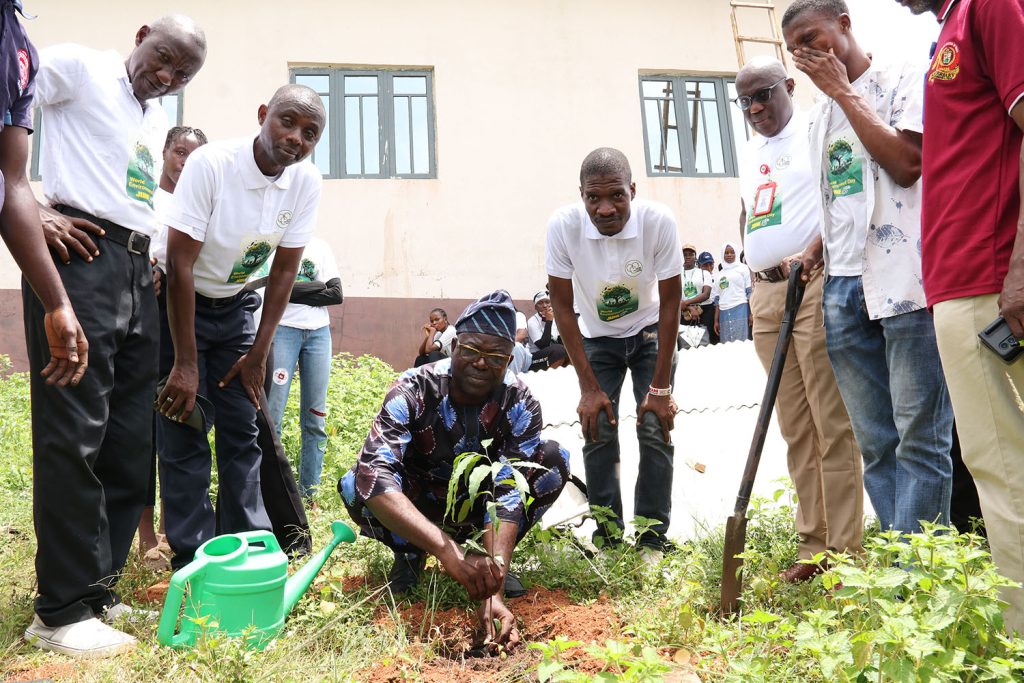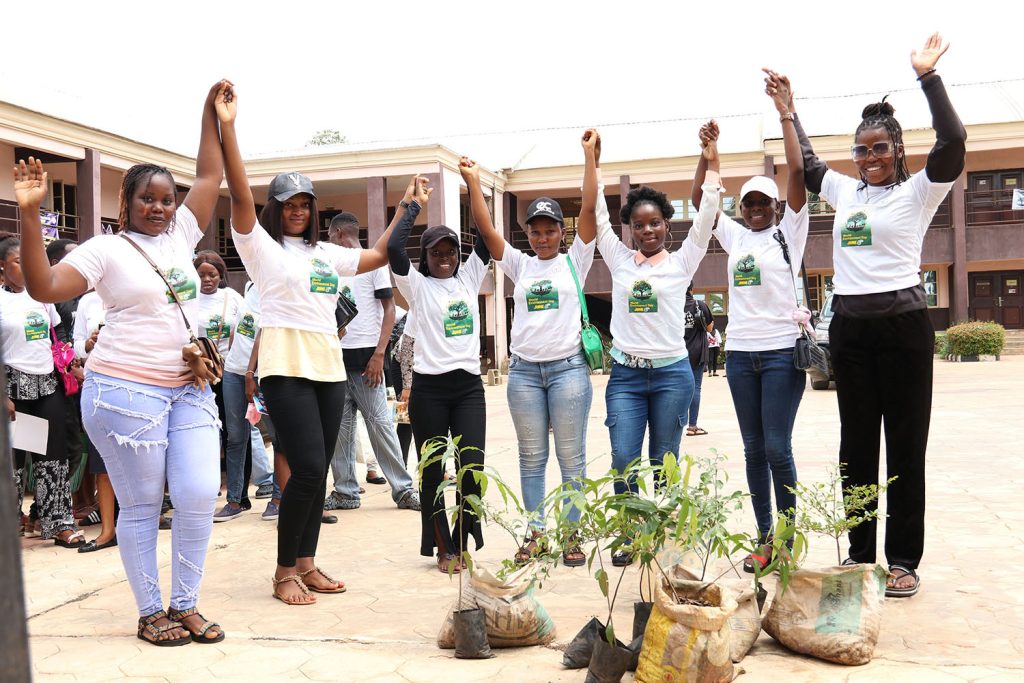
A call has gone out to policymakers on the need to exert realistic policies to ensure the sustainable usage of land in society.
The Rector, Gateway (ICT) Polytechnic Saapade, Dr. Sanni Kehinde Oseni gave the charge while commemorating the 2024 World Environment Day-themed land restoration, desertification, and drought resilience, held in the polytechnic recently.

Dr. Oseni who doubles as an agriculturist berated the insatiable usage of land lamented that over 3.2 billion people are directly impacted by the loss of fertile land and the encroachment of dessert, he maintained that these acts have threatened food security, bioversity and the foundations of every community in the society and that the key to sustainable land are the youths.
He stated that “youth can also play a key role in advocating for policy changes and engaging with decision-makers to support land restoration efforts. By raising our voices and demanding action from local, national, and global leaders, we can create an enabling environment for sustainable land management and build resilience to desertification and drought. I am delighted that our students are championing the course against land desertification by promoting land restoration and drought resilience in this polytechnic as young people around the world are already leading the charge in restoring degraded lands and building resilience to desertification and drought. From grassroots initiatives to global movements, youth are at the forefront of innovative solutions and bold actions”.
Dr. Sanni said students of the Gateway (ICT) Polytechnic Sapade are actively involved on the course against land desertification in the promotion of land restoration and drought resilience. “By practicing sustainable agricultural practices, our students now plant in sacks instead of directly in the ground, a method of growing plants to contribute to the overhaul health of the land for enhanced soil fertility, conservation of water resources and promotion of biodiversity.”
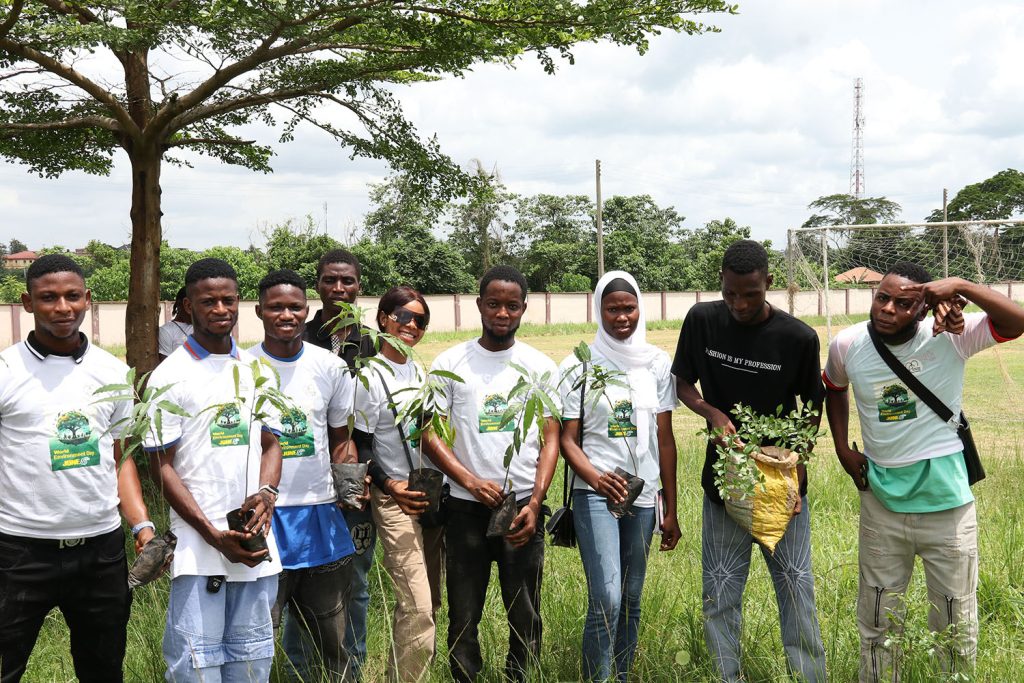
“Another important aspect is land restoration through reforestation and afforestation efforts. By planting native tree species and restoring degraded forests, we can stabilize soils, regulate water flows, and provide habitat for a wide range of species. Community-based tree-planting initiatives and school-based environmental education programs can play a crucial role in engaging youth and raising awareness about the importance of forests”.
“Youth can also play a key role in advocating for policy changes and engaging with decision-makers to support land restoration efforts. By raising our voices and demanding action from local, national, and global leaders, we can create an enabling environment for sustainable land management and build resilience to desertification and drought. I am delighted that our students are championing the course against land desertification by promoting land restoration and drought resilience in this polytechnic as young people around the world are already leading the charge in restoring degraded lands and building resilience to desertification and drought. From grassroots initiatives to global movements, youth are at the forefront of innovative solutions and bold actions.”
He further urged the polytechnic community to remain committed to the sustainable usage of best agricultural practices to promote and protect the health of the planet Earth.
Lending his voice on how the planting of trees can help in reducing soil erosion from wind and rainfall, the Head of the Department of Science Laboratory Technology, Mr. Kareem Fatai said this year’s celebration slogan our land, our Future was hosted in Saudi Arabia by the United Nations with 1984 global submissions to commemorate the event.
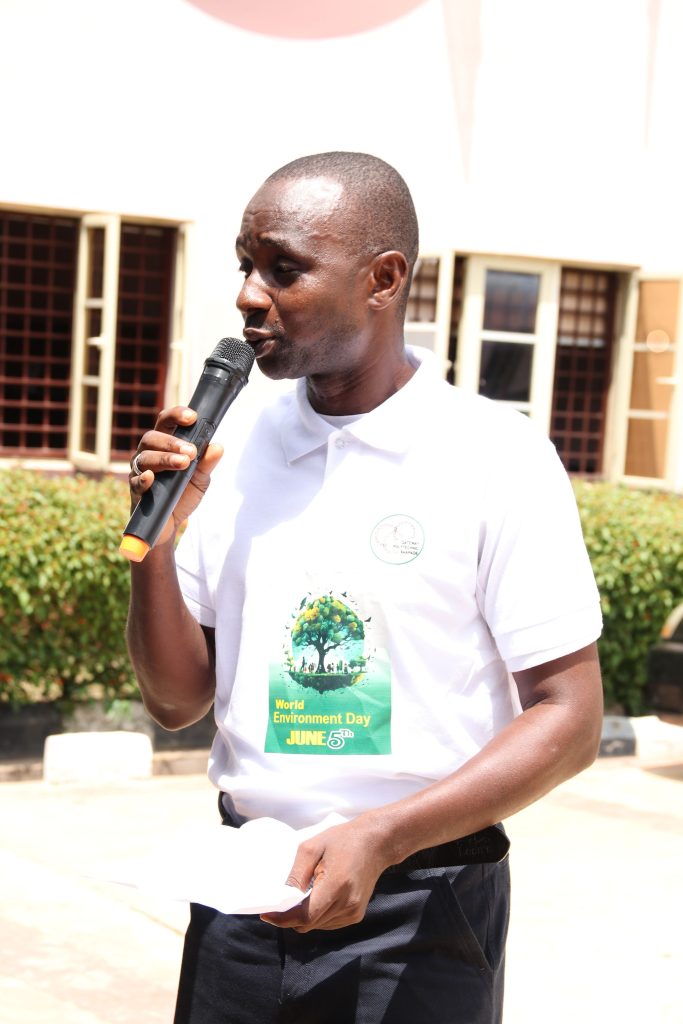
He also said that the decrease and disappearance of vegetation in drylands have resulted in desertification and that drought is a prolonged dry period in the natural climate that is consequential on health, agriculture, economy, energy, and the environment.
To reduce this, we need to encourage the reduction in the number of animals grazed as well as grow more crops, he noted.
While explaining the essence of the year’s celebration, the programme coordinator and lecturer in charge, Mr. Oshiyoye Adewale called for policies that will guide human activities. We are connected to the environment. When the land is in use, we don’t look at the long-term effect because we practice what suits our present needs. For instance, cutting down of timber leads to high level of desertification, he added.
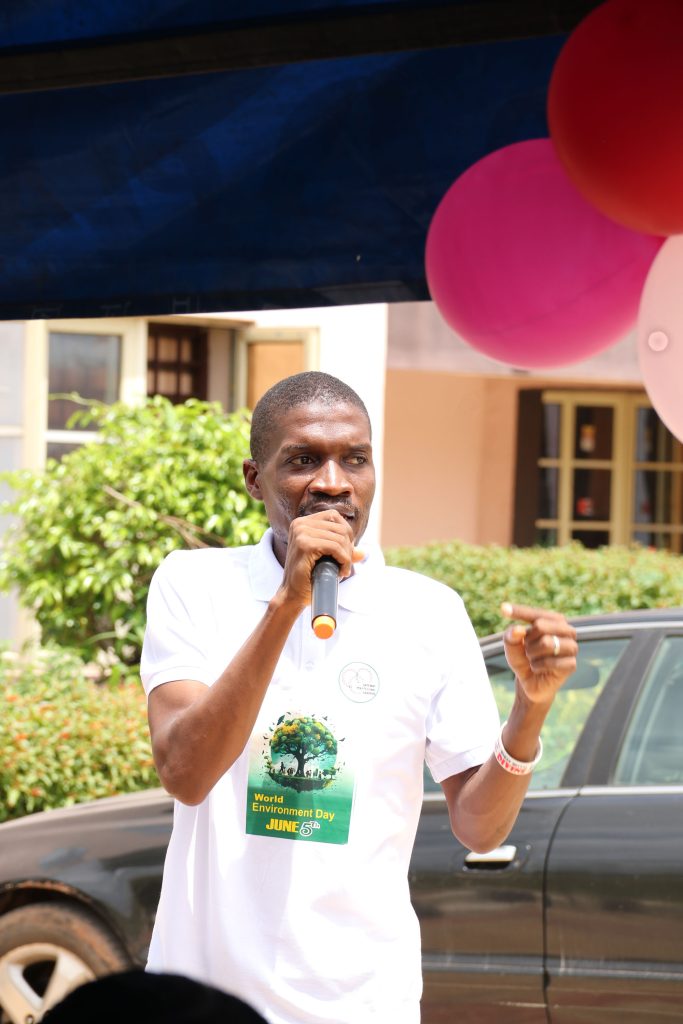
The Deputy Rector in his closing remarks urged everyone to engage in activities that will benefit the environment stressing that the “human race will only come into extinction depending on human efforts to preserve the environment.
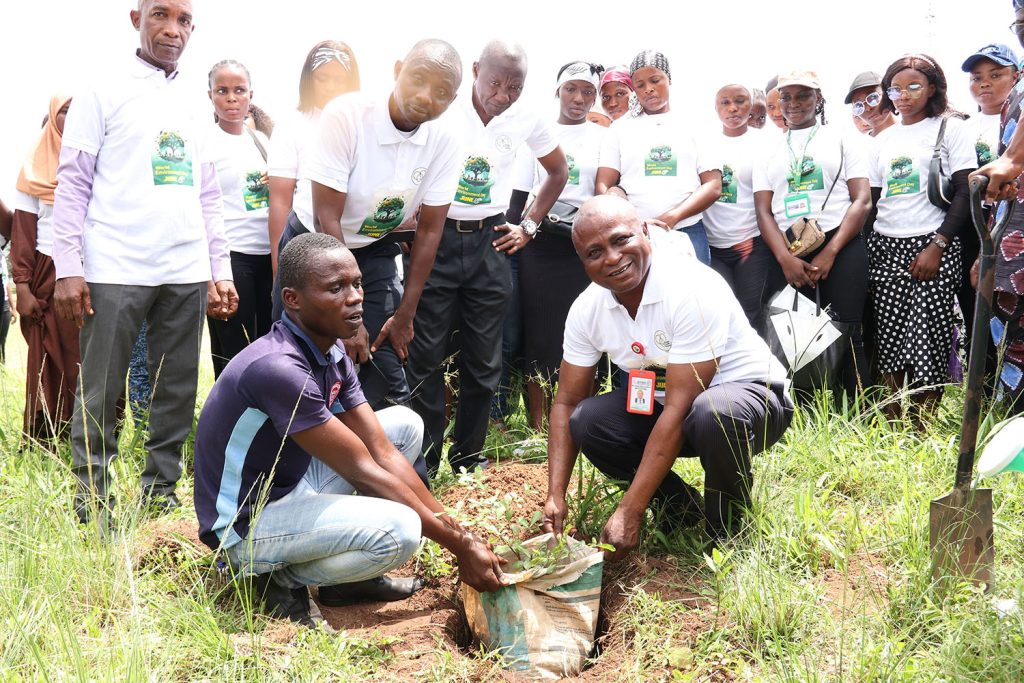
The highlight of the event was the planting of trees in strategic locations in the polytechnic by the principal officers of the polytechnic.
